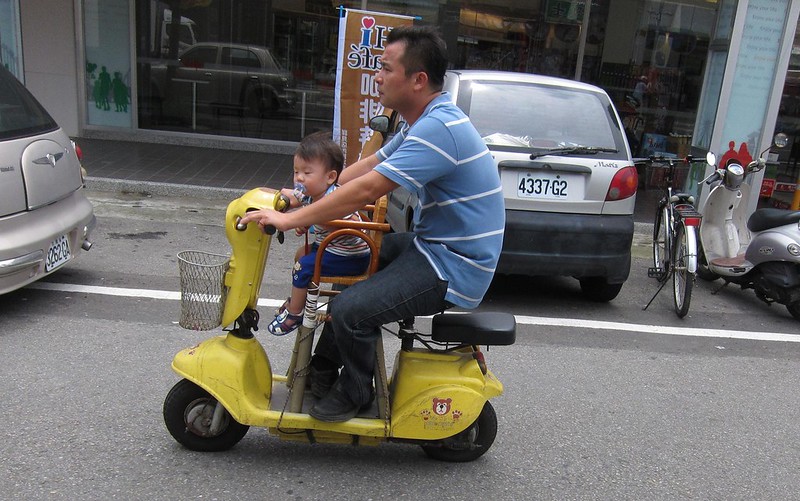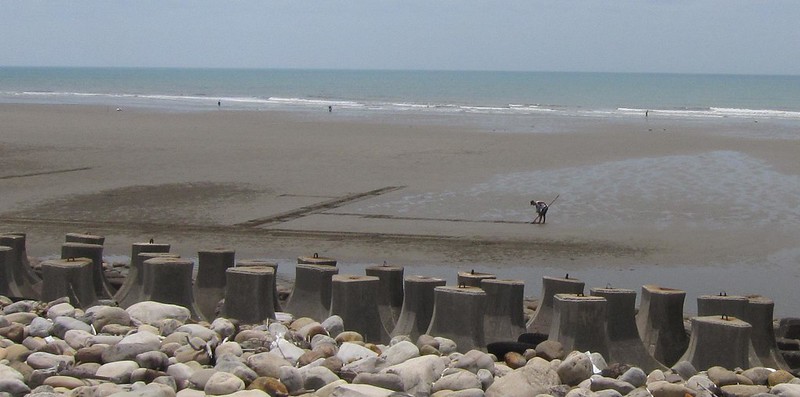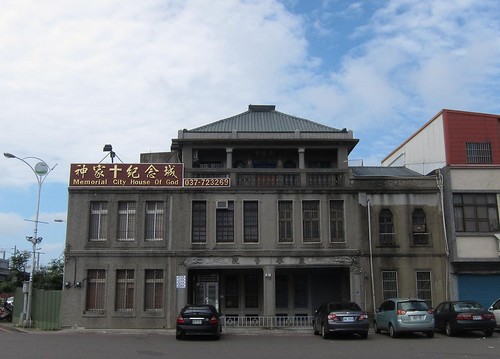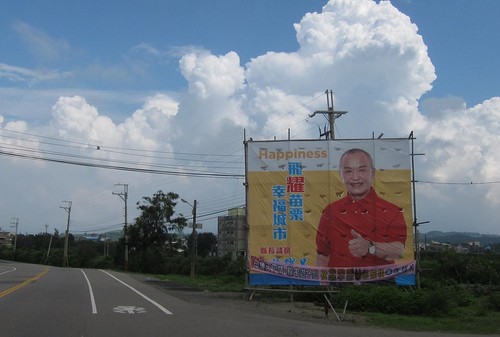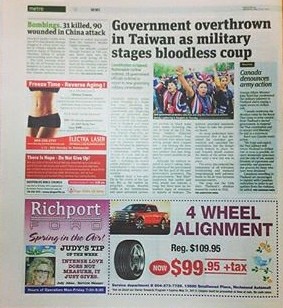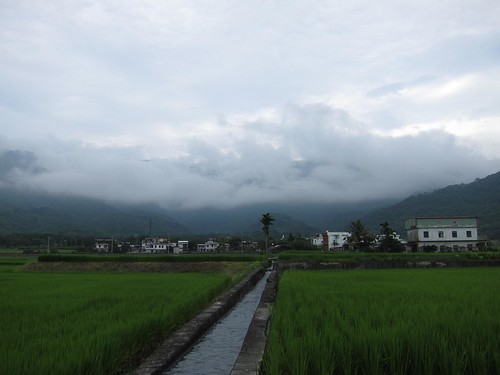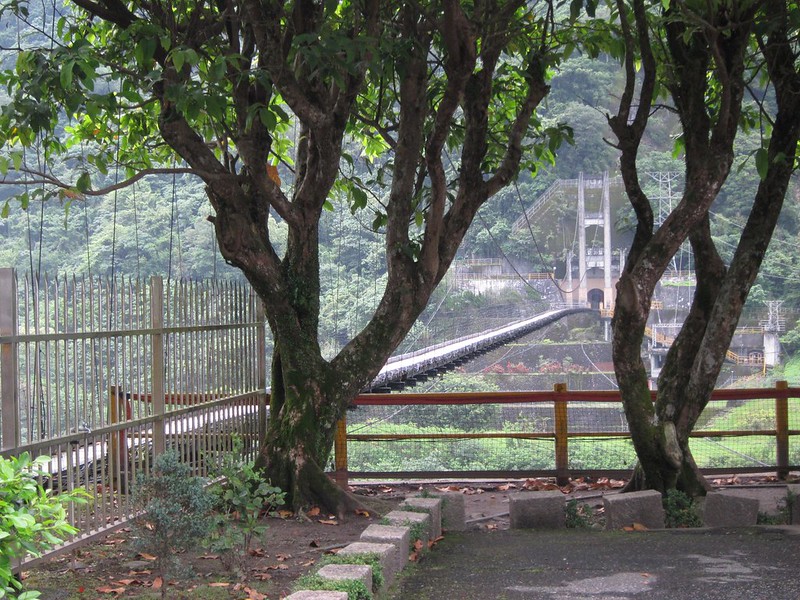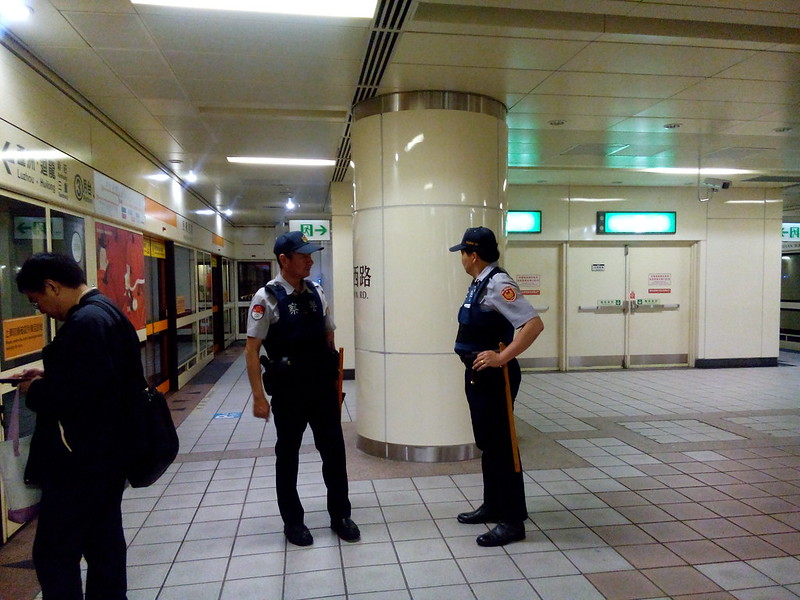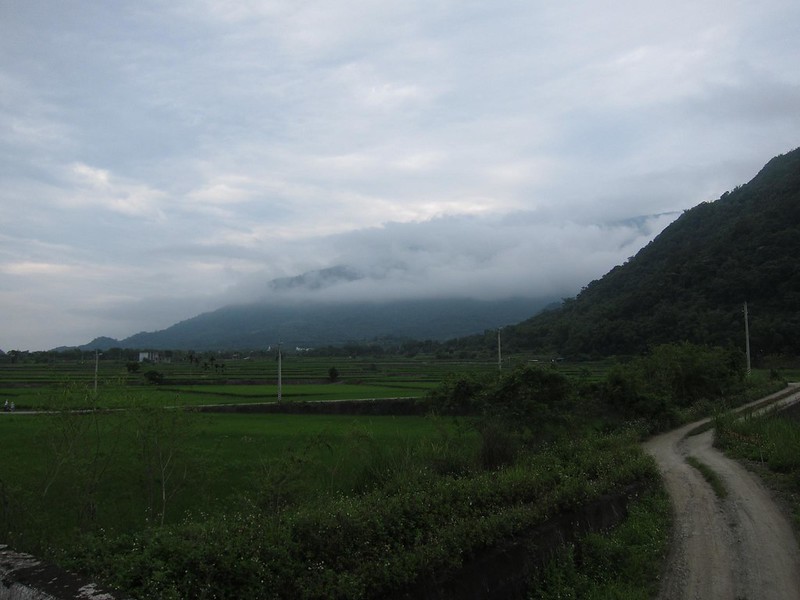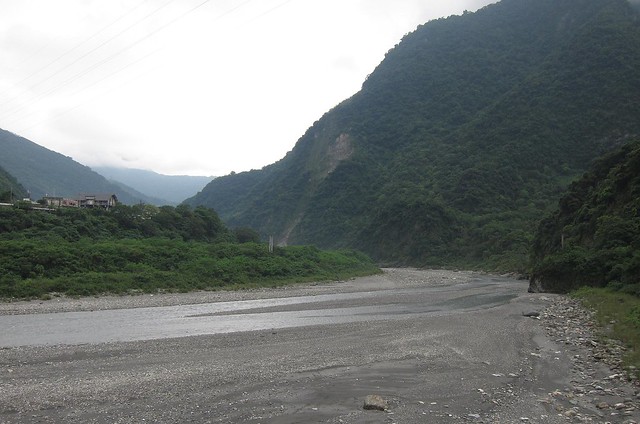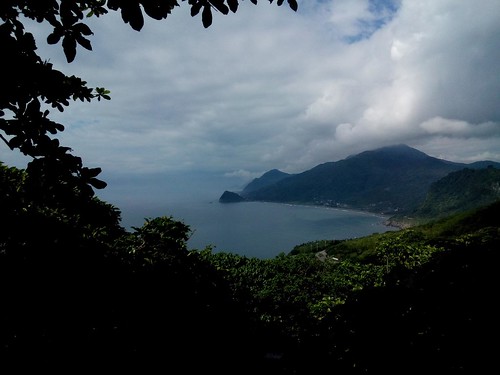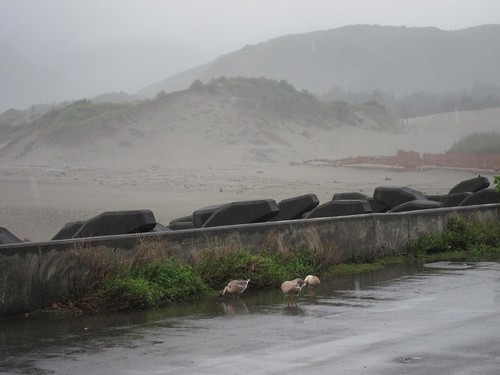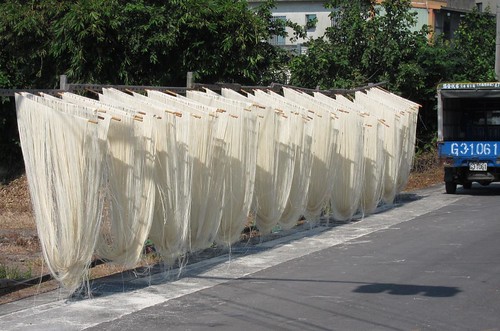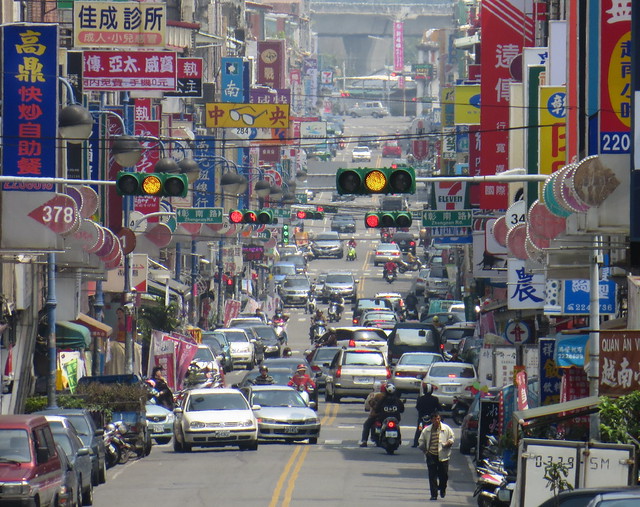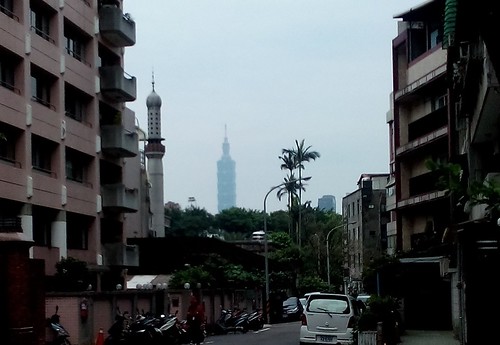The latest TISR poll on Ma, cross-strait affairs, etc, is out. Taipei Times summed it up:
Asked whether the relationship between Taiwan and China is “state-to-state,” 59.7 percent gave a positive response, up from 56.2 percent in a similar survey conducted by TISR in April last year, with 25 percent saying “no” and 15.3 percent declining to answer.That means better than 40% of KMT supporters don't support the Party's core mission. The poll also found that satisfaction for Ma was at 15.7%. The poll did not ask about the services pact, probably deliberately. This poll is basically consistent with the others that find a low level of support for his Administration and for Taiwan becoming part of China, as well as "compromises" like "One Country, Two Systems." Beijing's heavy hand in Hong Kong is having an effect on Taiwan. It seems that Ma's rule has actually made the nation more pro-independence. Imagine that.
The survey, conducted on Monday and Tuesday, also found that 61 percent of those polled did not agree that Taiwan and “mainland China” belong to “one China,” while 26.8 percent agreed and 12.2 percent did not respond.
....
The strongest “one China” supporters in Taiwan appeared to be those who identified themselves as Chinese Nationalist Party (KMT) supporters, the survey found, as 52.3 percent of them agreed that both sides belong to “one China,” 52.7 percent supported an alliance or unification, and 53.6 percent said they would accept a country with a new name.
Gearing up for the election in November, the KMT was on an all-out propaganda offensive for its precarious position in Taichung, where there is likely to be a hard fought battle in November, at least according to everyone I have talked to so far. The "Taiwan Competitiveness Forum" picked our Taichung as the most competitive city in Taiwan, and endorsed KMT Mayor Hu, according to a Taipei Times report. One said Taichung could become a "countryside city" if Hu is not re-elected. LOL. No doubt our awesome competitiveness is the reason so many gangsters have chosen our fair city as their base. Note that that very issue of TT hosted another article rating the city/county leaders from a local political magazine. For some reason Hu's awesomeness was less visible to that crowd, which ranked him four stars out of five. Can't please everybody, I guess.....
_________________
Daily Links:
- Ketagalan Media on HoChie Tsai, the Taiwanese-American activist.
- Japanese Taiwan settler recruitment film from the 1930s: Youtube. What a strange collection of images of Japanese power.
- 300 year old Spanish Church in Taiwan found on Hoping Island
- The stooopid, it buuurrrnnnns. AntiWar.com writing on China. Only there can you deplore the use of the international court to resolve a dispute.
- Behind paywall: Time.com on the China threat to Taiwan
- FPIF on Taiwan's Sunflower movement: what does it mean for the TPP? From longtime journalist in Taiwan.
[Taiwan] Don't miss the comments below! And check out my blog and its sidebars for events, links to previous posts and picture posts, and scores of links to other Taiwan blogs and forums!
